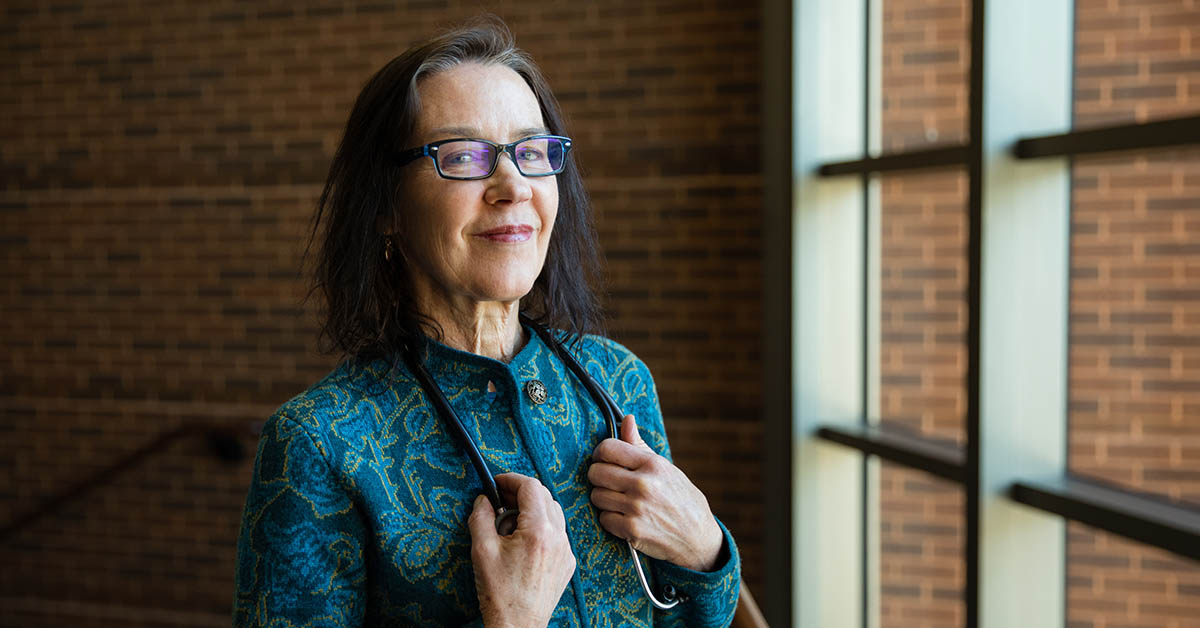"I’m a physician who runs an emergency department in the rural community of Hibbing, Minnesota.
Our smaller size and distance from major cities means we have to be clever in providing or arranging for the care of our patients. For example, in the case of a patient with a stroke, my urban colleagues often have many choices for where to send patients for the best care. In our case, I might have to be thinking about how to get a patient to optimal care that is four hours away through a snowstorm or if a multi-vehicle accident has exhausted all of my small hospital’s resources.
In my opinion, rural health care is not sustainable in isolation. For solutions, we can draw on the strength that our patients are also our neighbors, business owners, politicians, and teachers, which means we are experts at caring for each other. To improve things, we must be willing to be creative and expansive in our solutions. Improvements could come through, for example, telemedicine technology or by partnering with larger health systems in strategies that will benefit rural population health.
Rural health care must also abandon the ‘don’t forget about us’ attitude. We need to make sure we have a seat at the decision-making table and the onus is on rural leaders to be educated about not just their own, but also urban, national, and global issues.”

